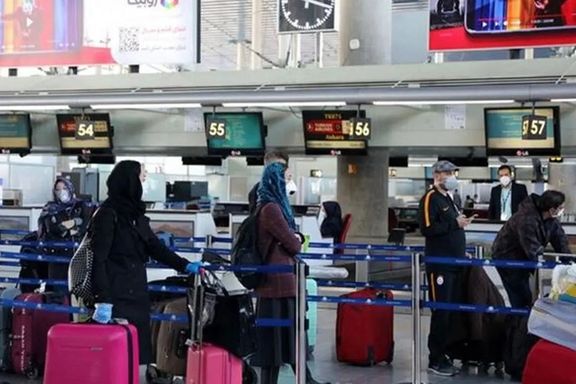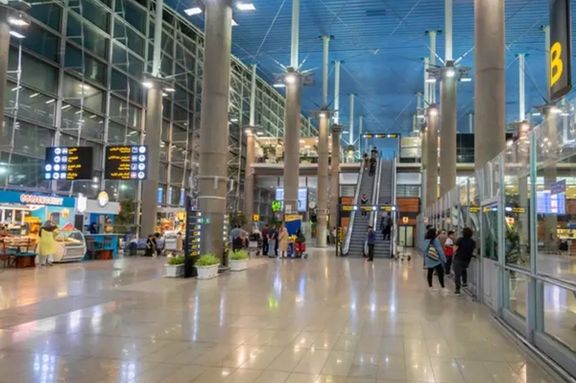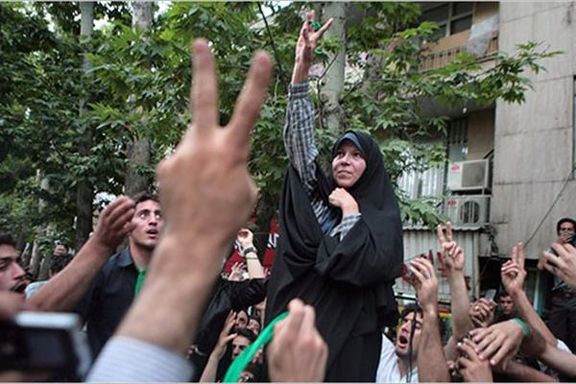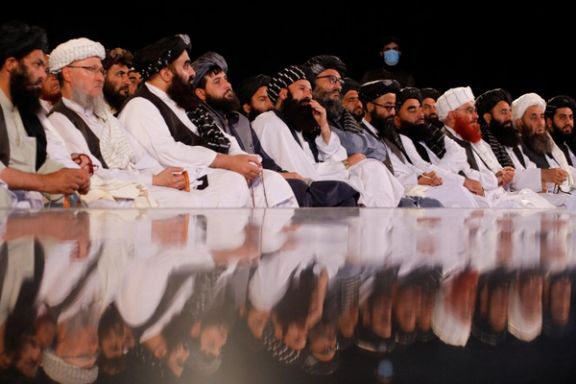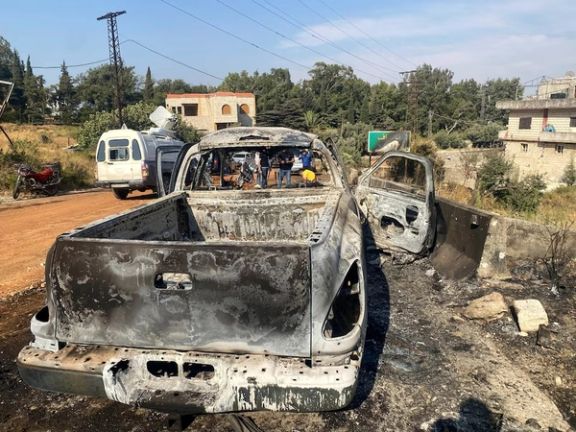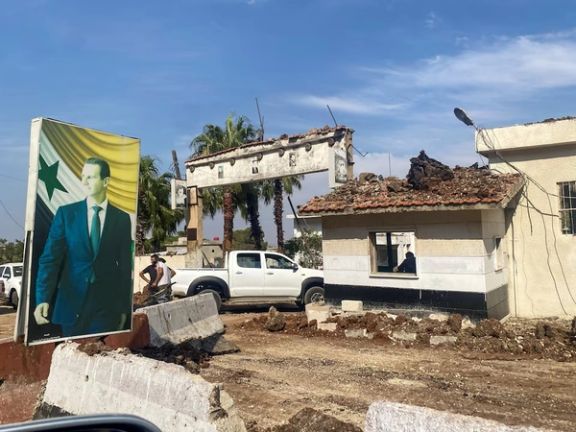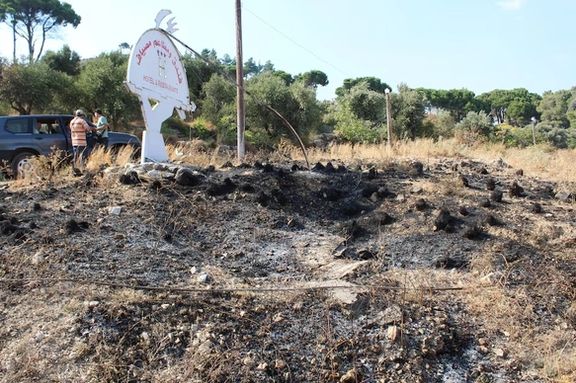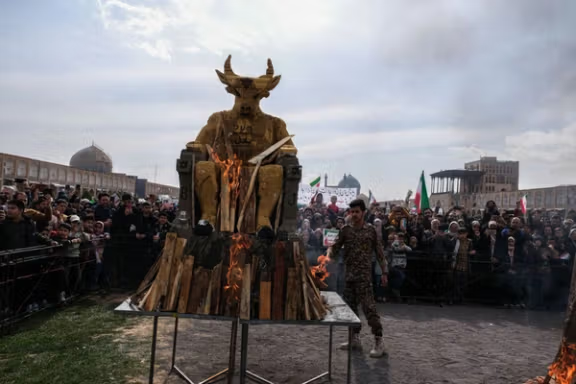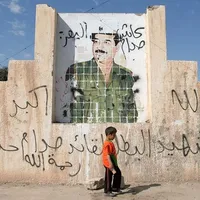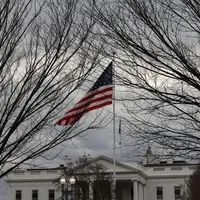According to the station's statement, the Taliban's action, which began on September 5, is a blatant attempt to silence independent media and is a violation of international regulations.
The channel, a sister network of Iran International, called on the international community, human rights organizations, and media advocacy groups to condemn this violation of International Telecommunication Union (ITU) regulations and to hold the Taliban accountable for their unlawful actions.
Harun Najafizada, the Executive Editor of Afghanistan International, described the jamming as a desperate attempt to silence the voice of the Afghan people.
"The Taliban's jamming of our satellite signal is a desperate attempt to silence the voice of the Afghan people. It is a continuation of their systematic campaign to suppress independent media and deny Afghans access to vital information. The group fears a well-informed populace and seeks to maintain its grip on power through censorship, misinformation, and propaganda," Najafizada said.
Afghanistan International, headquartered in London and accessible via satellite, cable, and social media, has been a vital source of reliable, unbiased news for the Afghan public, particularly since the Taliban’s takeover.
In an interview with Iran International, Najafizada expanded on the Taliban's approach, explaining that "The Taliban, through censorship, misinformation, and threats to journalists, seeks to maintain its grip on power in Afghanistan, much like the Islamic Republic of Iran."
Emphasizing the severe consequences of the Taliban's pressure tactics, the news channel's executive noted a significant decline in press freedom in Afghanistan.
More than 10,000 Afghan journalists have reportedly fled or abandoned their positions, over half of the country's media outlets have been shut down, and those that remain are under Taliban control with strict content regulation. Consequently, Najafizada stated that any independent media striving to provide accurate information faces constant threats and intimidation.
The Islamist militant movement regained power in Afghanistan in 2021 following the chaotic withdrawal of US-led foreign forces, after a 20-year conflict.
Sources informed Afghanistan International that the orbital jamming is executed by sending disruptive signals from a ground station in Afghanistan back to the satellite, thus interfering with its broadcast.
This action marks the first instance of satellite jamming, specifically targeting the distribution of a TV channel in Afghanistan. “Such actions violate international regulations established by the ITU, which govern the fair and open use of communication satellites,” the statement added.
The station emphasized that the Taliban’s jamming also breaches international standards, reflecting the regime's increasing efforts to dismantle free expression and restrict Afghan citizens' access to accurate information.
The outlet stressed the need for concerted pressure to uphold the fundamental rights of freedom of expression and access to information in Afghanistan.
This incident follows a history of the Taliban's attempts to curb independent media. In May 2024, the Taliban warned journalists and experts against collaborating with Afghanistan International TV, marking the first instance they explicitly targeted a specific outlet.
A spokesman for the Taliban-controlled Ministry of Information and Culture accused the station of committing professional violations and crossing moral and legal boundaries. Furthermore, in April, the Taliban suspended two TV stations for allegedly failing to "consider national and Islamic values."

